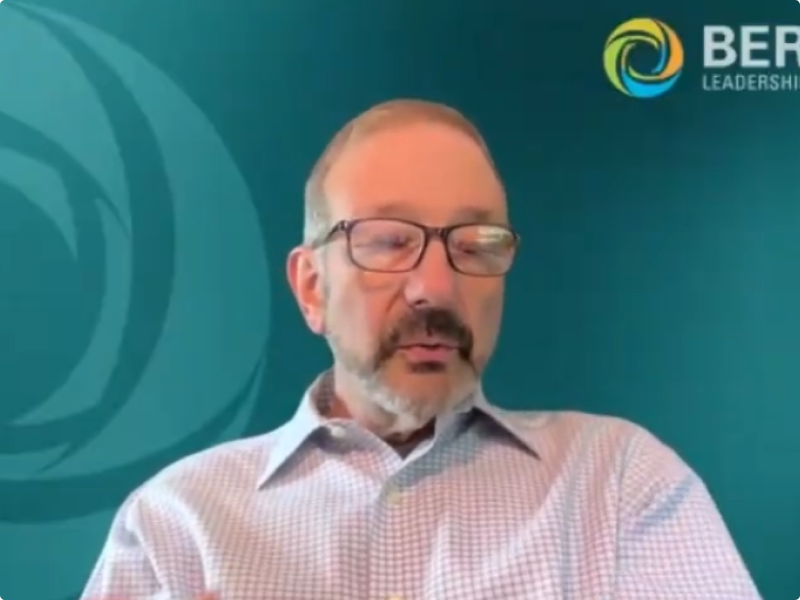Author: admin
Tools and evidence-based strategies on leadership development and organizational effectiveness, contributing valuable insights to the field.
RESOURCES
Blog Articles
Tools and evidence-based strategies on leadership development and organizational effectiveness, contributing valuable insights to the field.


Berman Leadership Development Announces Strategic Partnership with Summit Culture New York, NY – October 7, 2025 — Berman Leadership...

Why do great coaches do what they do? For Bernardo Ferdman, the path to executive coaching wasn’t a...

Not all coaching is created equal. In fact, what most people call “coaching” is really just one version of...

What if performance reviews didn’t feel like judgment—but like joint reflection? That’s the shift Bill Berman and Suzanne Joseph...

What makes a leadership coach truly effective? In a recent conversation, Bernardo Ferdman reflected on the coaching strengths he...

At Berman Leadership, we believe leadership isn’t just about making decisions—it’s about making the right decisions in context. During...

What if performance reviews didn’t feel like judgment—but like joint reflection? That’s the shift Bill Berman and Suzanne Joseph...

What happens when a professional relationship spans decades—and evolves into a powerful leadership partnership? That’s the story Bill Berman...

At Berman Leadership, we’ve seen firsthand how coaching is evolving—and so are clients’ expectations. In a recent conversation, Berman...

Leadership isn’t about waiting until the end of the year to reflect. As Bill Berman and Suzanne Joseph discussed...

Leadership is often described as the ability to get work done through others. But what’s less often discussed is...

Executive coaching is often framed as a conversation between coach and client. But the most effective coaching happens when...
